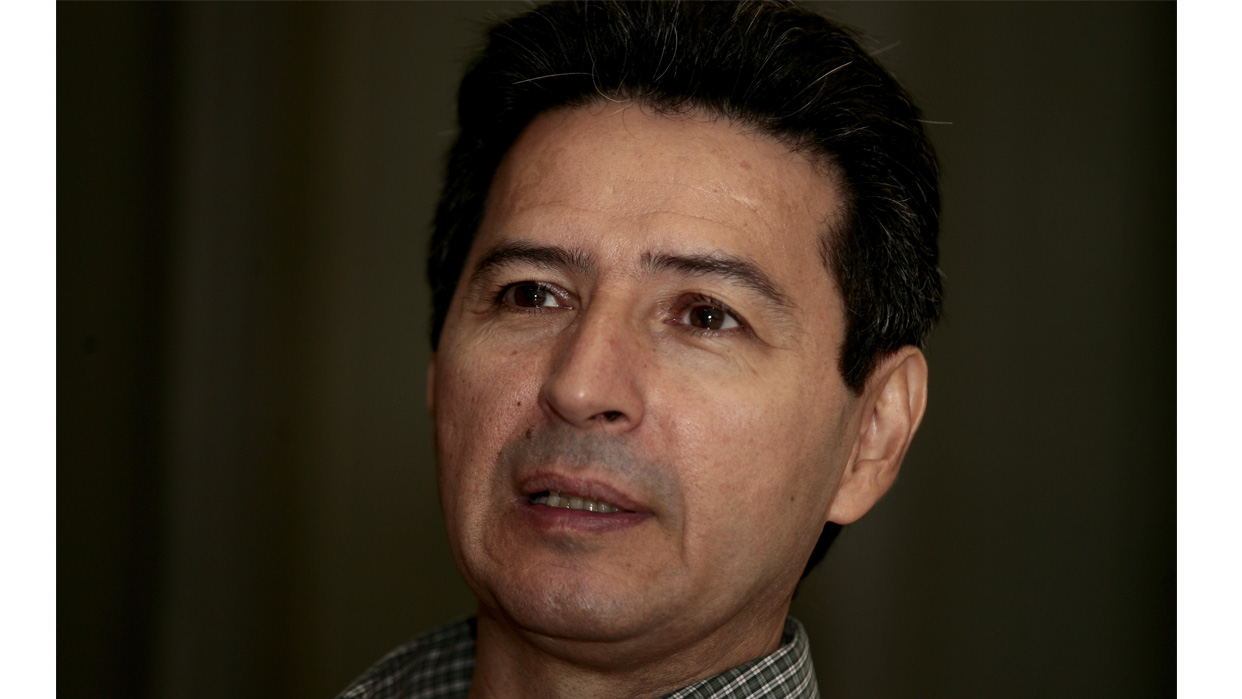One goal of autocrats is to sow distrust and fragment the population into different groups, usually those who support them and those who oppose. The more disconnected the different sectors of society, the more convenient for authoritarian governments because the lack of coordination of society favors the demobilization of citizens and, in consequence, their permanence in power. To achieve this, authoritarian governments repress and create non-democratic legal frameworks and their own mobilization structures, which include, among others, social movements, associations, or parties. This has happened in Nicaragua and Venezuela under the command of Daniel Ortega, Hugo Chávez, and Nicolás Maduro. In both countries, autocrats have systematically attacked opposition parties as well as sectors of civil society not aligned with their governments. However, despite repression and hostility, these regimes have not managed to paralyze collective action or citizen activism.
In the case of Venezuela, we observe that organized civil society has grown stronger in adverse times, even though the humanitarian emergency, state fragility, economic recession, and the consolidation of authoritarianism have affected the ability to express, choose, organize, and mobilize. In a study entitled “Developing resilience in authoritarian contexts. Lessons from Venezuela in comparative perspective”, conducted with the support of Eduardo Trujillo, director of the CDH-UCAB, we found that 92.3% of the organizations that participated in the research consider that protecting human rights has become more difficult in the last ten years. However, and interestingly, the same percentage pointed out that despite the risks and the authoritarian context, they continue to find ways to carry out the work of defending human rights. How have they achieved this?
In this research, we were able to identify three key mechanisms that allow the development of resilience in authoritarian contexts: i) the “institutional legacy” inherited from previous democratic experiences; ii) the creation of “resilience networks” and iii) the creation of international linkages.
The “institutional legacy”
We found that the democratic past can provide tools to resist non-democratic circumstances. In the case of Venezuela, the tools and experiences developed in the democratic era allow organizations to resist more efficiently. In what sense? Our data shows that knowledge has been transferred across generations of activists. One of the interviewees vividly explained how “[the] exchange among generations [is] fundamental. The truth is that I would not know anything about human rights work without the exchange with crucial figures of the previous human rights movement.” In other words, there has been an important transfer of knowledge that has helped new generations to respond to current challenges. In addition, the institutional legacy has also: i) facilitated collective learning and ii) helped maintain organizational and reputational capacities.
“Resilience networks”
Another crucial mechanism that organizations have established to work in the current context is through the construction of “resilience networks”. 69.2% of the participants in our survey affirmed that networking and cooperation with other organizations have been a key strategy that has allowed them to adapt to the hostile environment in which they work. 66.7% of the participants responded that doing so increased the effectiveness of their activities and their work on human rights. In addition, 15.4% said that coordination and cooperation in these networks offer additional layers of security, and 10.3% stated that networks create opportunities for interaction and learning. We were also able to verify that the networks have served as a mechanism to transfer knowledge, disseminate truthful information, transform ideas into actions quickly, and create opportunities for material and immaterial support. Resilience networks have become spaces for deliberation, as well as for the exchange of personal experiences and mutual support. Additionally, these have served to connect activists in times of censorship and pandemic.
International linkages
The organizations have found it necessary to cultivate stronger international linkages with intergovernmental organizations, institutions, universities, and think tanks to denounce increasing human rights violations in Venezuela. More than 97% of the organizations consulted worked with international actors. This percentage was just 31.3% before 2013. In other words, as the authoritarian context has consolidated, the need to report in international spaces has grown. Creating international linkages serves to i) visibilize human rights abuses and defend human rights in the universal human rights system; ii) exchange experiences with and learn from international or regional activists, and iii) strengthen the protection and safety of the members of civil society organizations and the victims.
Although the fight for democracy is indeed arduous and far-reaching, it is important to understand and highlight the efforts made by civil society organizations in extremely adverse contexts, such as Venezuela. I end with a quote from one of the interviews in our investigation: “Although the world may not fully know this, (…) a significant part of this [international] advocacy has been made by human rights defenders [in Venezuela].”
The country has different generations willing to resist and contribute to the construction of democracy and peace. As long as we have them, there is hope for a better future.
Translated by José Rafael Medina




